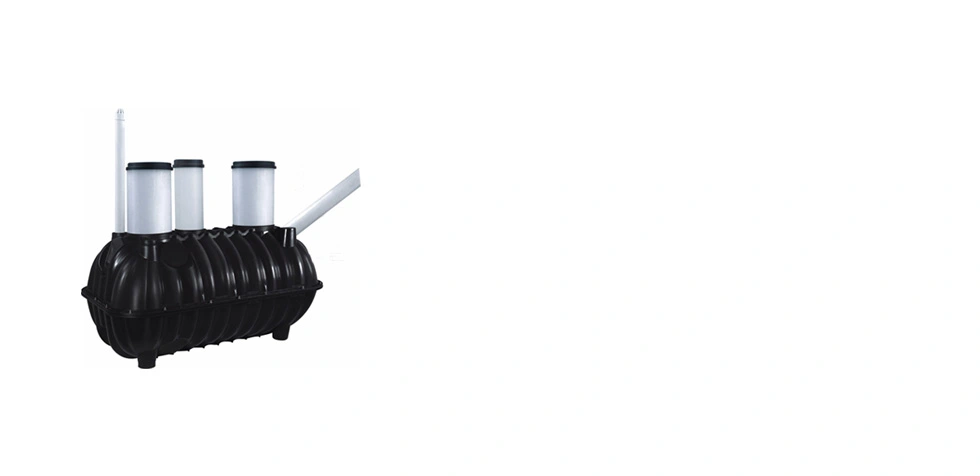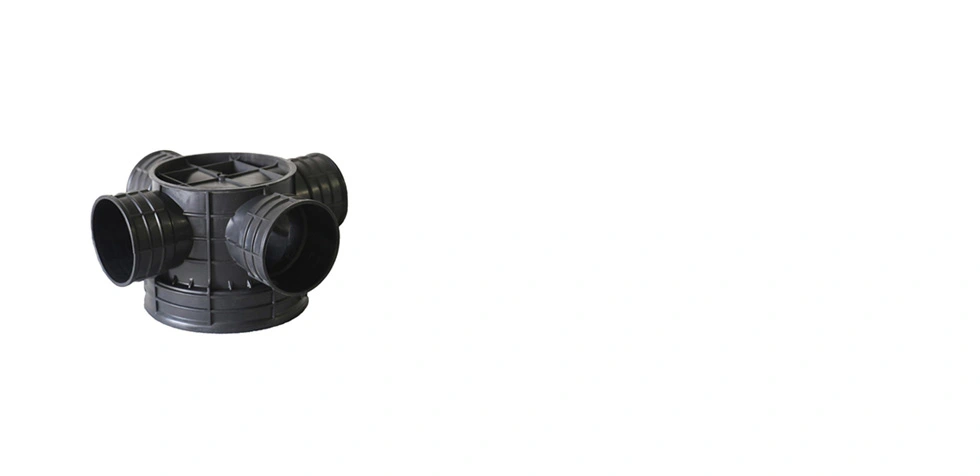-
 Natural Rubber Bearing
Natural Rubber Bearing
-
 Lead Rubber Bearing
Lead Rubber Bearing
-
 High Damping Rubber Bearing
High Damping Rubber Bearing
-
 Elastic Bearing
Elastic Bearing
-
 Friction Pendulum Seismic Isolation
Friction Pendulum Seismic Isolation
-
 Simple Support For Village And Town Houses
Simple Support For Village And Town Houses
WHAT ARE YOU LOOKING FOR?























